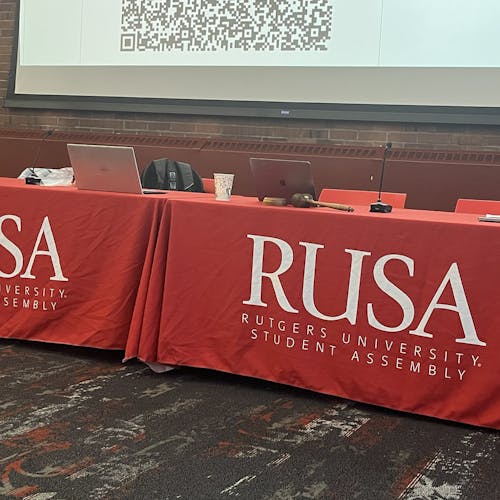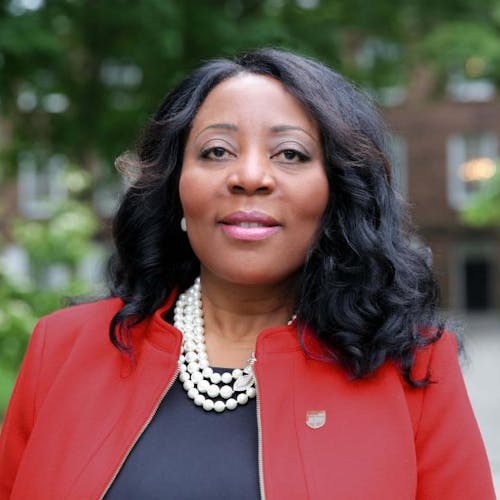U. research determines how tobacco-related marketing affects different members of LGBTQ+ community

A recent Rutgers study has found differences in how self-identified gay, lesbian and bisexual individuals perceive tobacco marketing communications.
Ollie Ganz, a faculty member at the Rutgers Institute for Nicotine and Tobacco Studies, an assistant professor in the Department of Health Behavior, Society and Policy and lead author of the study, said homosexual males are more receptive or have a more positive response to cigar marketing than heterosexual males. Bisexual females also tend to be more receptive than heterosexual females to all marketing of tobacco products, Ganz said.
It is possible that these differences can be attributed to a higher prevalence of mental health issues and susceptibility to substance use disorders, Ganz said.
Ganz said generally, a major limitation of research completed on the LGBTQ+ population is how researchers commodify members of the LGBTQ+ community as one identity. In reality, it is a diverse population.
"When research lumps them all together, it can really disguise some of these important subgroup differences," she said. "One of the things that I wanted to do with this paper was to tease out the groups by sex and sexual identity as much as possible."
She said she utilized a government-funded study to come to her conclusions and explained how this data is beneficial due to its wider reach and better ability to represent the country.
When asked how these relationships shape public policy related to regulating tobacco marketing, Ganz said that she knows her study alone will not inform policy. She hopes it will motivate policymakers to administer marketing restrictions as they could have a positive impact.
"I think it's important for policymakers to think about what populations will be most affected," she said. "I would hope that findings from my study and studies like this would encourage policy makers to implement restrictions related to marketing because it suggests that it could potentially have a really positive impact."
Alongside politicians, Ganz also shared what she hopes the Rutgers community will take away from her research. She said she hopes individuals, particularly younger people, will take into account the way tobacco is marketed in New Jersey.
She also encourages individuals who identify as sexual minorities to observe any specific neighborhoods that advertise products outside of convenience or liquor stores and how marketing for them may vary in different locations.
From personal experience, Ganz said she never heard the term "public health" in her undergraduate career. So she urges students to find educators at the Rutgers School of Public Health and learn more about public health, as a whole.
"I would encourage students that care about social justice and care about their community to think about public health and seek opportunities to expose themselves to that field," she said.
She added that she became interested in researching tobacco control in graduate school, during which she had a memorable experience working for the company known for creating the "Truth" campaign.
"What really drew me into tobacco control is the fact that it is a social justice issue," Ganz said. "We know that tobacco use and smoking prevalence (are) higher among people of lower socioeconomic status — the (LGBTQ+) community, people (who) live in rural areas … and that is what really made this issue resonate with me."



